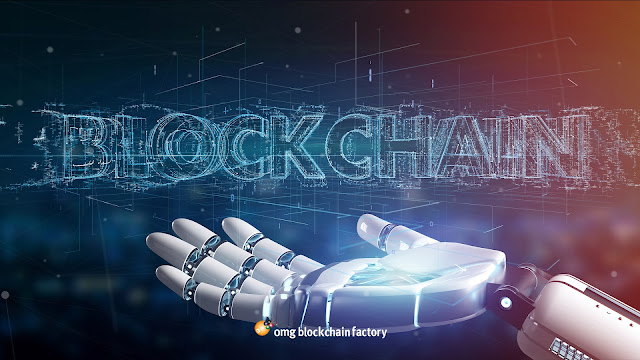It has been announced that TangoChain will launch the world's first blockchain that is entirely comprised of gaming applications, play-to-earn games, and non-fungible tokens (NFTs). The initiative's goal is to allow gamers to profit handsomely while also creating non-fungible tokens as a byproduct of the initiative (NFTs).
TangoChain has the potential to shape the future of blockchain technology, which is known as the third generation of the technology. The distinguishing feature of this generation is a blockchain that has been fully specialized for its purpose, with infrastructure and services that are tailored to its needs. TangoChain mainly focuses on gaming and NFTs features, instead of incorporating them as optional extras like other blockchain platforms.
Through the use of TangoChain's proof of game protocol, users can help secure the network and validate transactions simply by participating in their favorite game on the TangoChain blockchain. Through this process, they are rewarded for their gaming efforts, resulting in an environment where everyone benefits. In order to verify transactions on the TangoChain network, TangoChain users must stake their cryptocurrency holdings. It is possible to divide the proof-of-game protocol into four distinct parts. Short, simple, easy to verify, non-interactive, argumentative, and filled with knowledge. Tango's protocol can be implemented more quickly and efficiently with Zk SNARKs, which reduces the amount of energy consumed.
When it comes to gaming, Tango wants to make sure that the experience is complete and faultless. It comes with a built-in wallet that eliminates the need to use any off-chain services. Tango will begin raising funds through venture capitalists with the goal of raising a total of 50 million BUSD.

Comments
Post a Comment